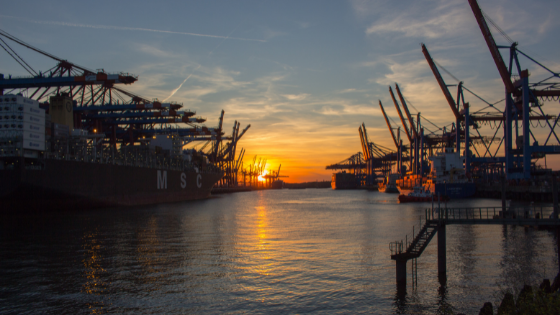The current conditions and declining fortunes in the oil market are impacting both supply and demand. These factors include plummeting costs of renewable energy, environmental performance, climatic change concerns, and the overproduction of gas and oil. On the demand side, economic disruptions and containment measures that relate to the COVID-19 outbreak resulted in a slowdown in production and mobility worldwide, producing a significant drop in global demand for oil. When countries went on lockdown to stem the pandemic, stores and restaurants were shut down, and air travel was halted, people worked from home and stopped driving to work. It is important to evaluate how the oil and gas companies were affected and their future.
Oversupply and low prices
Since the United States became the world’s largest natural gas and oil producer in 2011 and 2018, many gas and oil companies borrowed huge loans to the high oil and gas prices. They created a glut in supply and produced an overabundance of gas and oil. Today, they have become bankrupt due to those loans and lower fuel prices. The standoff between Russia and Saudi Arabia pushed the fuel prices even lower due to crude oil prices falling by more than sixty percent at the beginning of 2020. In April 2020, the US oil prices went negative, meaning sellers paid buyers to offload oil.
Investor concerns
Investors are exerting pressure on oil and gas companies. Today, social, environmental, and corporate governance have become mainstream in the investor community. The oil and gas financial viability concerns investors and makes them increasingly dissatisfied with their environmental performance. The oil and gas companies do not show reasonable efforts in bettering the climate. Some banks claim to reduce the carbon profile of their investments for their oil and gas companies. With no government policy change and the investors getting disinterested to invest further, the oil and gas companies are hit hard.
Government response
The government has formulated a policy to reduce oil and gas consumption and pushes for vehicle electrification. Research has witnessed a direct relationship between higher exposure to air pollution and the rise in the COVID-19 mortality rate. This evidence bids to prioritize a push for cities to reduce air pollution through initiatives to hasten vehicle electrification. The approval of a green stimulus plan to advocate for electric vehicles, renewable energy, sustainable agriculture, and the development of green hydrogen by electrolysis has negatively impacted the oil and gas industry.
